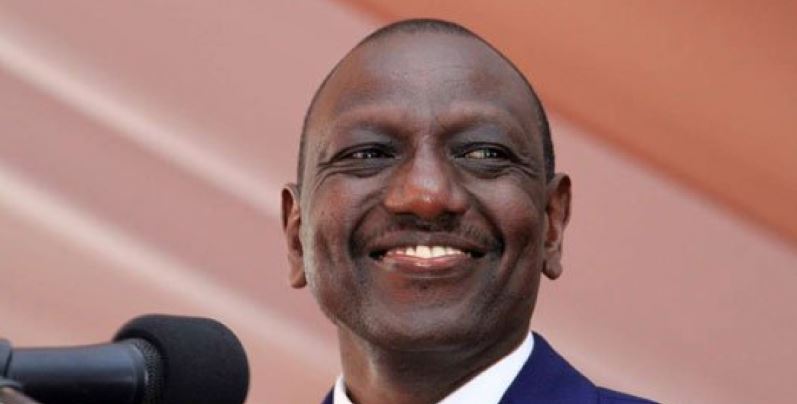
By Cege Wa Mahiga
In a decision that sealed one of the most hotly contested elections in Kenya’s history, the Supreme Court on September 5, 2022, upheld the victory of Dr. William Ruto as the duly elected President of the Republic of Kenya. The ruling was unanimous, dismissing eight consolidated petitions that sought to overturn the results of the August 9 general election.
What makes this decision stand out in Kenya’s democratic journey is how close the race was. According to official results announced by the Independent Electoral and Boundaries Commission (IEBC):
- William Ruto garnered 7,176,141 votes
- Raila Odinga received 6,942,930 votes
This translates to:
- Ruto: 50.49%
- Odinga: 48.85%
In a country of over 22 million voters, a mere 233,211 votes—just 1.64% of the total vote—separated the winner from the runner-up.
Despite the narrow margin, the Supreme Court found no substantial evidence of irregularities that would justify annulling the election. Chief Justice Martha Koome, delivering the verdict on behalf of the 7-judge bench, stated:
“The petitioners did not provide a water-tight case to warrant nullifying the election. The IEBC conducted the election in line with the Constitution and electoral laws.”
The petitioners, led by Raila Odinga, alleged fraud in transmission, tampering with Forms 34A and 34B, and unauthorised access to the IEBC servers. The court, however, dismissed these claims as unproven or immaterial to the outcome.
Why the Margin Matters
In electoral politics, a narrow win often sparks intense scrutiny. Kenya’s political history is riddled with disputed elections, most notably in 2007 and 2017, both resulting in unrest or a nullified election. The 2022 ruling was thus not just about numbers — it was a test of institutional trust, rule of law, and national stability.
Observers, both local and international, praised the peaceful conduct of the elections and the judiciary’s maturity in handling the dispute.
What This Means for the Future
The 1.64% margin reminds us that every vote counts. It also underscores the importance of robust electoral institutions and judicial independence in safeguarding democracy.
As Ruto took the oath of office, the Supreme Court ruling sent a clear message: Kenya’s democracy, while still evolving, is capable of weathering storms with dignity and legality.
